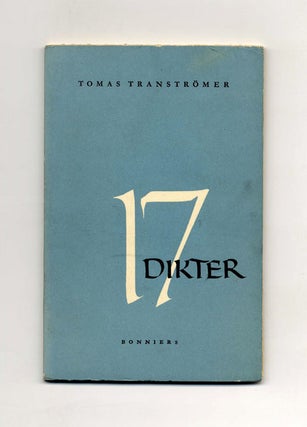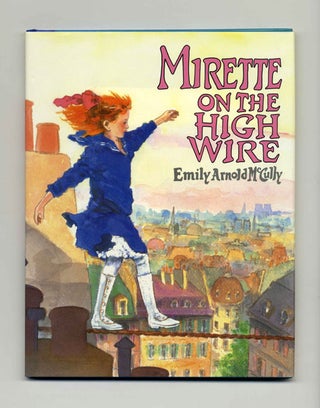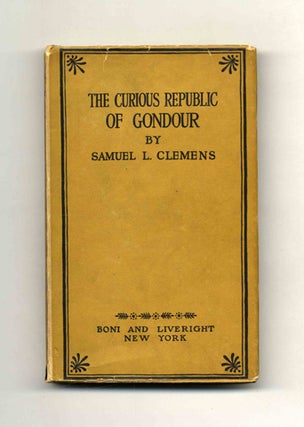Opera Aperta [The Open Work], Forma E Interdeterminazione Nelle Poetiche Contemporanee - 1st Edition/1st Printing
Binding: Cloth
Book Condition: Near Fine in Near Fine dust jacket
Edition: First Edition; First Printing
Publisher: Milano: Bompiani, 1962.
Opera Aperta [The Open Work], Forma E Interdeterminazione Nelle Poetiche Contemporanee - 1st Edition/1st Printing
First edition/first printing (1962 Casa Ed. Valentino Bompiani, Milano; Contursi A004a) with light peripheral leaf toning as usual, else Fine. White-stamped navy cloth in Nearly Fine condition, slightly soiled yellow matte dust-jacket. Publisher's blindstamp on title page as required. Inscribed and signed by Eco to his bibliographer, James Contursi. An attractive Association Copy from the personal library of Contursi. Scarce.
Eco's seminal, revolutionary work in the field of semiotics and critical theory, a collection of essays pre-dating his move toward semiotics. Opera Aperta (The Open Work) discusses the powerful concept of "openness", the artist's decision to leave arrangements of some constituents of a work to the public or to chance. In the original Italian language; 8vo; 370, [4] pages; 1 copy missing; Signed by Author.
Price: $1,120.00
Author Bio
Similar Books
The Books Tell You Why Guarantee
Consistent with, and exceeding the policies and Code of Ethics of the Antiquarian Booksellers' Association of America (ABAA) and the Universal Autograph Collectors Club (UACC), Books Tell You Why guarantees the authenticity of autographed items for the lifetime of the original purchaser, i.e., Books Tell You Why will provide a full refund of the original purchasing price incl. two-way shipping at any time where lack of authenticity can be proven and where proof of purchase is supplied by the original purchaser.



![Book #15634 Opera Aperta [The Open Work], Forma E Interdeterminazione Nelle Poetiche Contemporanee - 1st Edition/1st Printing. Umberto Eco.](https://bookstellyouwhy.cdn.bibliopolis.com/pictures/15634.jpg?auto=webp&v=1314485895)






